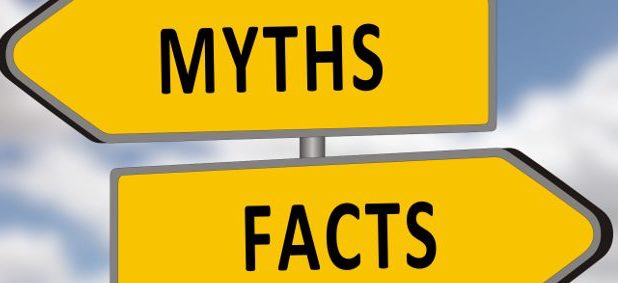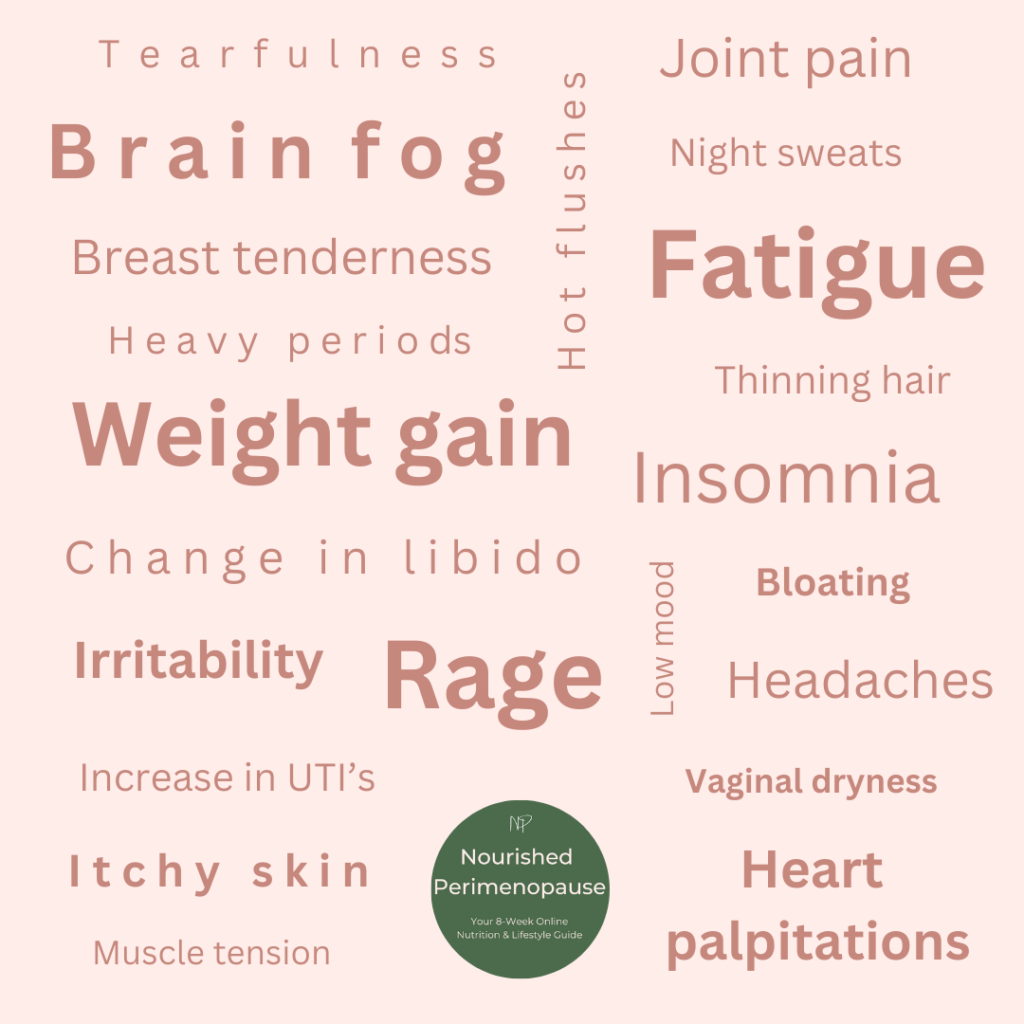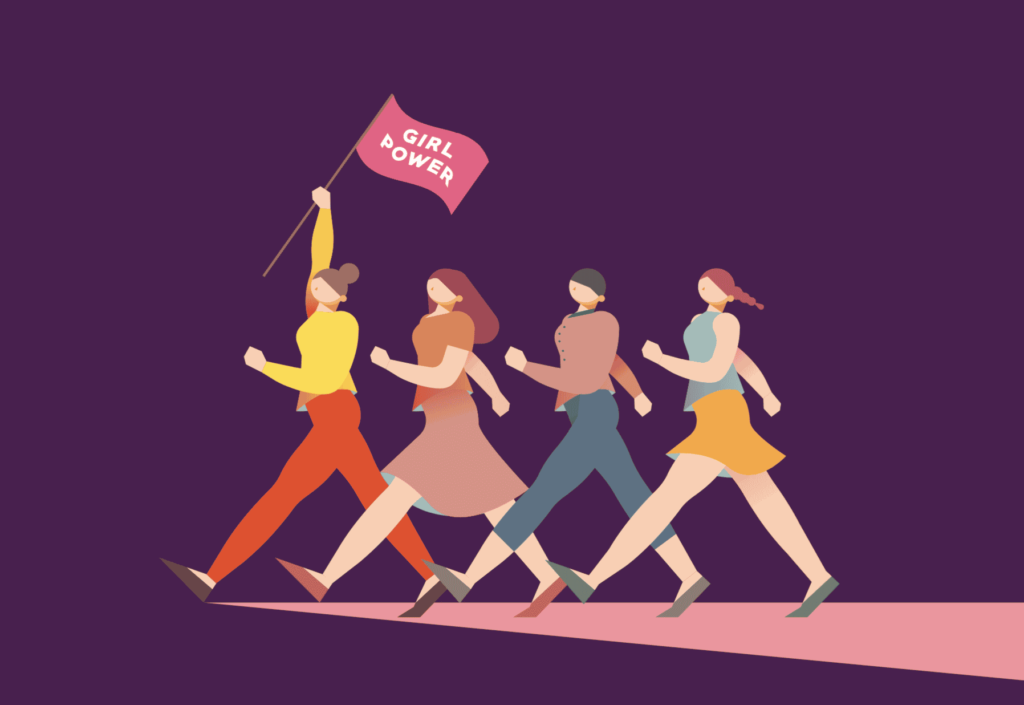
Friday 18th October is World Menopause Day! A day to raise awareness of menopause and the support options available for improving health and wellbeing among gorgeous wahine.
I thought it might be a good opportunity to explore some myths around menopause and then provide some supportive guidance wherever you may be in the menopause journey. First up in today’s blog though let’s cover off a few definitions so we know what we’re talking about. And then I’ll chat through some common myths about perimenopause and menopause!
.
Definitions
Menopause – an exact point in time when a woman has not had a menstrual period for 12 months (or if she’s aged under 50 years, doctors may wait for 24 months without a period before diagnosis).
Perimenopause – the lead up to menopause. This lead up can take between 3-12 years and is often a time of hormonal fluctuations. It’s not a graceful swan dive 🦢 with our hormones either, we’re talking full roller coaster mode 🎢! So symptoms can be a real issue.
Premature Ovarian Insufficiency – when a woman experiences menopause under the age of 40 years (which can obviously be a very difficult time physically, mentally and emotionally).
.
Menopause myths
“Menopause only happens to old women”
The average age of menopause in New Zealand is 51 years old. Perimenopause can start a decade or so before this so it’s not uncommon for women in their late 30’s and 40’s to experience some of the signs and symptoms. That is NOT old!!
.
“I’ll just get a blood test to see if I’m in perimenopause”
There isn’t a simple blood test that “diagnoses” everyone in perimenopause as hormone levels can fluctuate wildly. So one day oestrogen may be high and the next day it could be low…so it all depends on what’s happening on the day of the test in terms of results. Your doctor will listen to your symptoms, assess your age and use their clinical judgement to determine where you’re at.
.
“The only symptoms of menopause are hot flushes and I’m sure I can handle them”
Hot flushes can be very debilitating for women and can affect quality of life. There are over 30 symptoms associated with perimenopause and menopause – mood changes, weight gain, aches, insomnia, anxiety, brain fog, itchy skin, headaches, change in libido and a whole lot more. ⬇️
.
More myths about menopause!
“It’s just a natural time of ageing, there’s no need to medicalise it”
Although it is a “natural” time, the symptoms can be very debilitating for some women. If we can provide some support, reassurance and even improvements in awful symptoms why wouldn’t we?
.
“Hormone Replacement Therapy is dangerous, and should be avoided at all costs”
There was a rather unfortunate media release of a large study in the early 2000’s which caused a very big stir. This has had a long-lasting effect on the relationship/stance with HRT/MHT by doctors and women themselves. A lot of the worrying conclusions from the study have been debunked and the quality of the study has been questioned. Hormonal medications are not appropriate for everyone, but talk with your GP or a Women’s Health doctor to determine your risk profile.
.
“My doctor put me on anti-depressants due to my mood (and said I was too young for menopause at 49) but I’ve never experienced mental illness before, and I don’t think they’re helping…I guess I just need to grin and bear it?“
It would be worth getting a second opinion. One of the perimenopause symptoms can be mood changes (and may be more hormonally driven), which may respond better to hormonal medication. This isn’t always the case though so needs to be managed well by a caring physician to determine the best outcome. And 49 years is definitely not too young for menopause 😬
.
Spread the Word
Tune in tomorrow for Part 2 – knowledge is power so we’ll explore some simple strategies to support your health and wellbeing during and after this phase. In the meantime get in touch if you’d like to learn more about my next Nourished Perimenopause online course or book in for a 1:1 consult to discuss your health if you need support sooner. And perhaps have a conversation or 2 with friends, family or colleagues about World Menopause Day…to help bring attention and awareness to this time of transition that affects half the world‘s population.
Sarah x
.Sarah x
x



